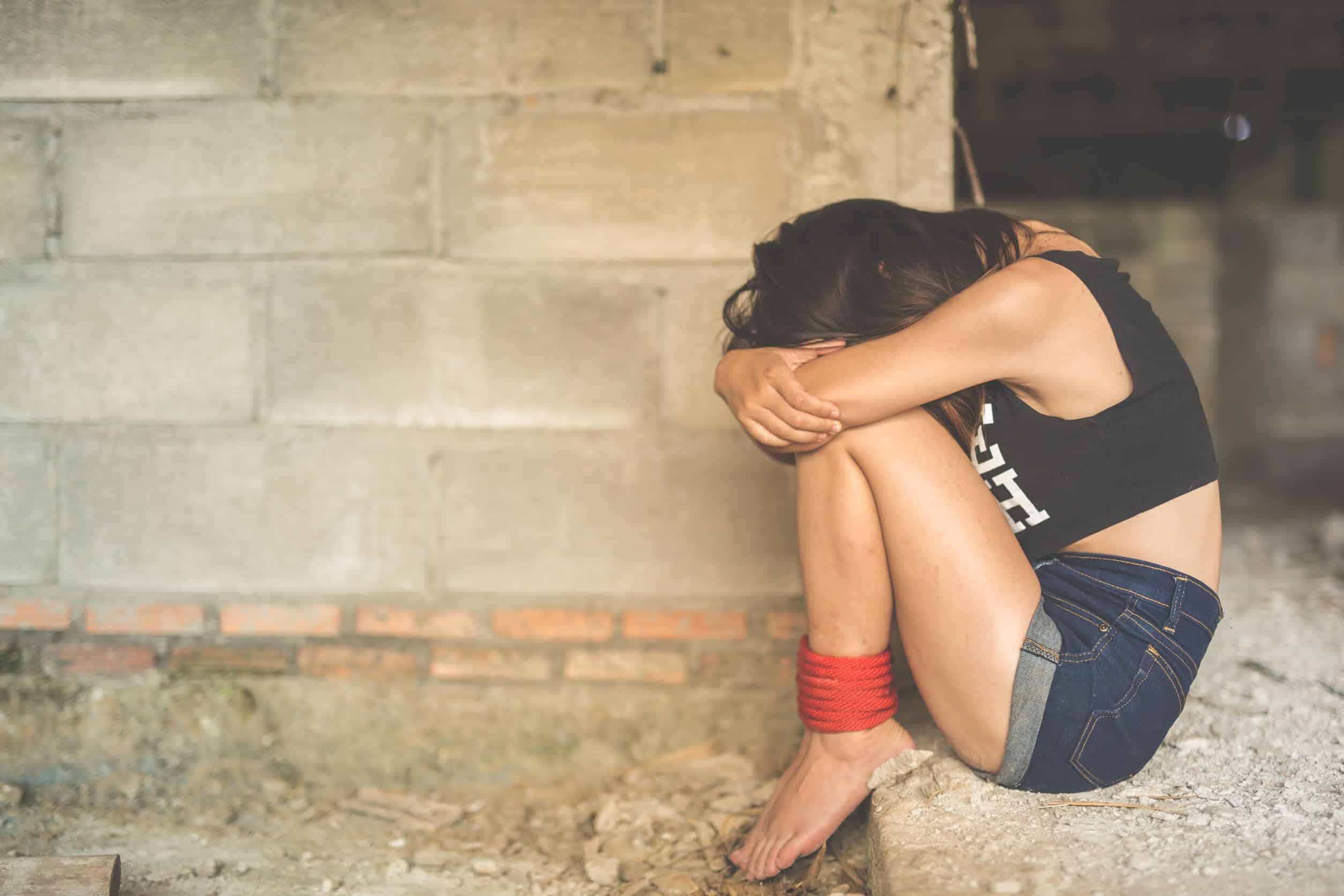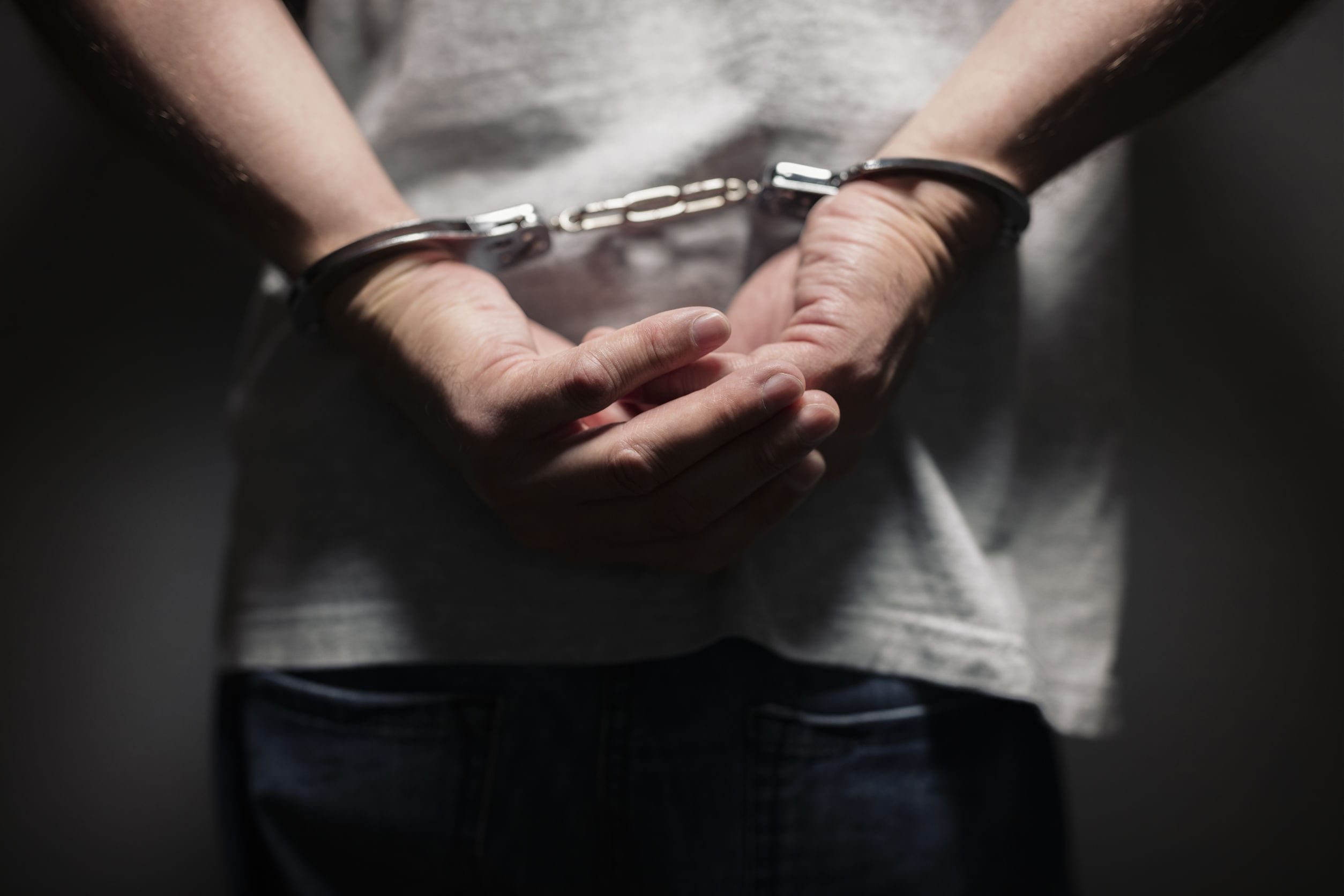- Home
- THE FIRM+
- Criminal Defense+
- CASE RESULTS
- AREAS WE SERVE+
- FAQ’s
- Blog
- Contact
AZHARI LLC BLOG
Dec. 6 2019
How Bad Is Human Trafficking in Illinois?

Posted By: Sami Azhari
Category:
You might be surprised that Illinois has one of the highest rates for human trafficking in the nation. Chicago is a major city, and hub among several major interstates, creating ample opportunities for human trafficking.
Law enforcement and lawmakers have taken greater initiative over the last two years to catch human traffickers and protect victims of human trafficking.
Furthermore, authorities are taking measures to educate people about how to identify human trafficking crimes. According to local awareness event organizers, “One of the biggest reasons why human trafficking is still perpetuated today is because people don’t know what to look for…”
Increased efforts across multiple fronts can only mean one thing — expect an uptick in human trafficking charges across the state.
Illinois Has Identified 200 Cases of Human Trafficking Year-to-Date
You may not be aware of just how prevalent the human trafficking trade is in Illinois. For 2019 alone, approximately 200 human trafficking cases have been identified in this state so far.
The sheer case volume ranks Illinois as the 11th state in the country for human trafficking. Still, only 1 percent of human trafficking victims are ever rescued. That means the problem is likely to be even more prevalent than even these staggering numbers indicate.
Human trafficking is also on the increase in Illinois and nationwide, so it’s likely that these numbers will go up. With figures like these, don’t expect Illinois law enforcement to take human trafficking lying down.
Illinois Human Trafficking Task Force Takes to the Streets
In order to combat the increasing problem of human trafficking, Illinois has created a state task force. The purposes of the task force are multi-pronged:
- Raise general awareness and of human trafficking to increase reporting of the offense
- Increase law enforcement efforts to apprehend human traffickers
- Develop resources to protect the safety and wellbeing of human trafficking victims
This task force also spearheads programs specifically designed to educate those most likely to inadvertently come into contact with trafficked parties about the signs of human trafficking.
Among those trained professionals are hospital staff, social workers, teachers, flight attendants, and public transit workers.
New Human Trafficking Bills Call for Greater Training and Support
New legislation has recently been introduced to combat human trafficking, increasing efforts to catch human traffickers and providing resources for victims.
Bill HB3101, the Loding Establishment Human Trafficking Recognition Training Act requires hotels and motels to train their employees to recognize, observe and report instances of human trafficking.
Bill HB2118 provides increased support for human trafficking victims, providing medical care, counseling, food and money for foreign-born sex trafficking survivors.
Human Trafficking Sentencing and Penalties in Illinois
While efforts to stave off human trafficking are noble — and necessary — encouraging citizens to report human trafficking could also lead to misunderstandings and mistakes.
Those mistakes can — and probably will — cost you big. According to Illinois law, most cases of human trafficking wind up being charged as Class 1 felonies, punishable by 15 years in state prison.
Certain aggravating factors will further elevate your offense to a Class X felony:
- Kidnapping or attempting to kidnap the victim(s)
- Aggravated criminal sexual assault or an attempt thereof
- Attempt to commit first-degree murder
A class X felony will double your jail time…and that’s not all. Other aggravating factors can even further increase your sentence, including:
- Bodily injury sustained by the victim
- Holding the victim for longer than 180 days
- Cases involving more than 10 victims
Besides these steep criminal penalties, offenders are also required to pay restitution for the victims. The amount is either equivalent to the victim’s labor in accordance with minimum wage and overtime laws, or the gross income made by the victim’s services, whichever is greater.
The most surefire way to minimize the consequences you face when charged with human trafficking in this state is to be quick and proactive. Find an experienced Illinois criminal defense attorney and seek professional advice.
About the Author
Sami Azhari has been working as a lawyer since 2007, after receiving his Juris Doctor from the Michigan State University College of Law. He has handled numerous state and federal cases, and is known throughout the Chicago and Rolling Meadows area for providing his clients with high-quality, skilled representation. He has been recognized by SuperLawyers, the National Trial Lawyers Association, and other notable organizations, and has spoken at a number of legal conferences.


























































